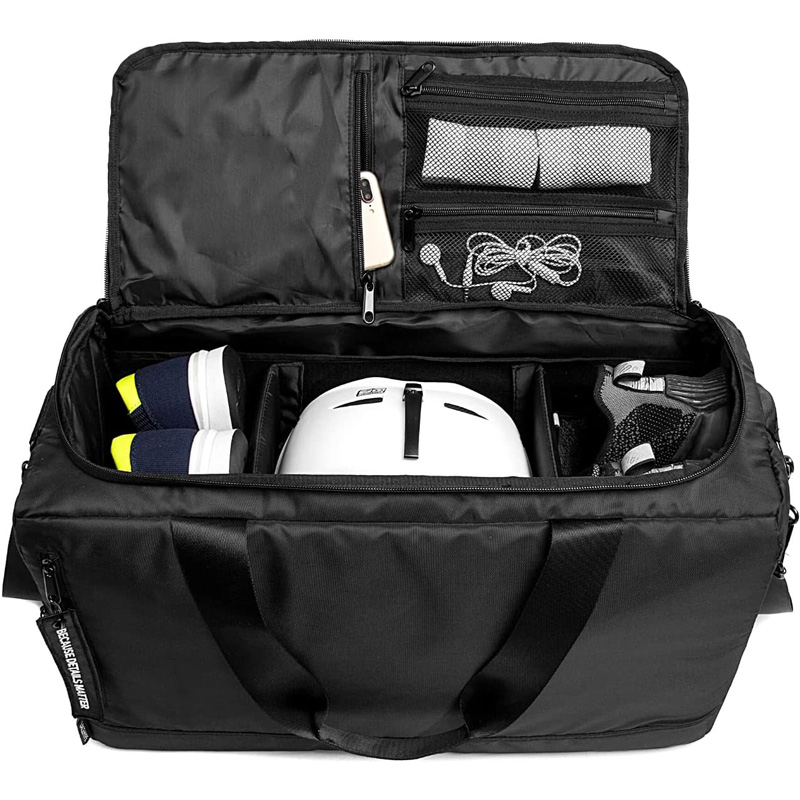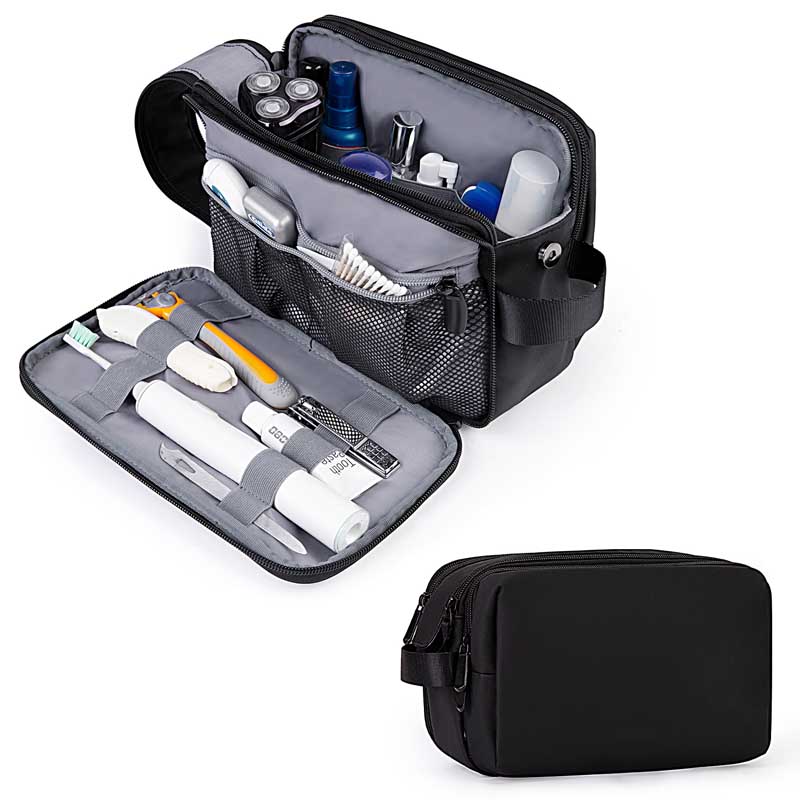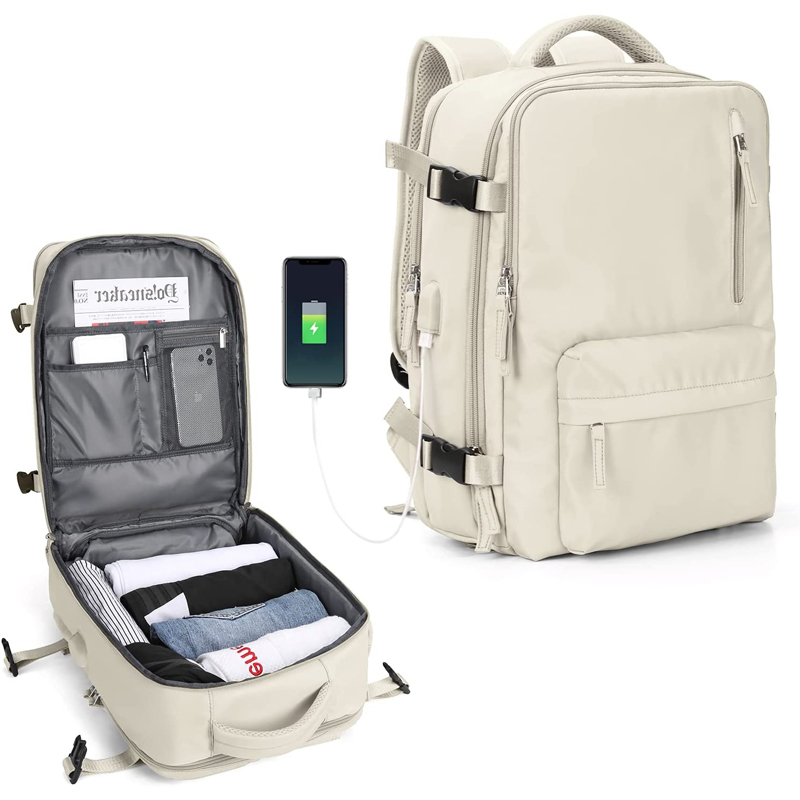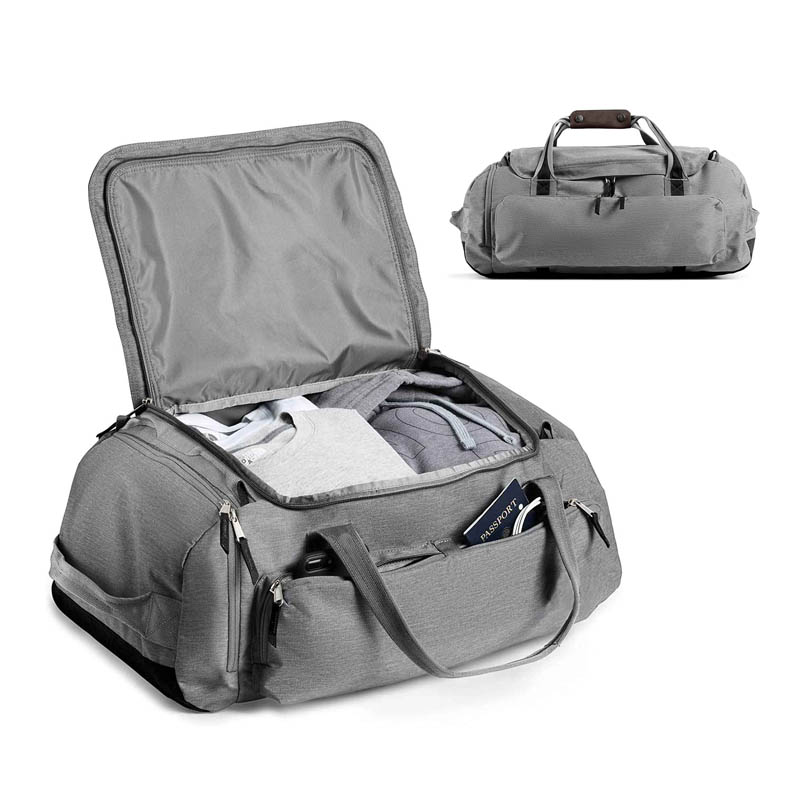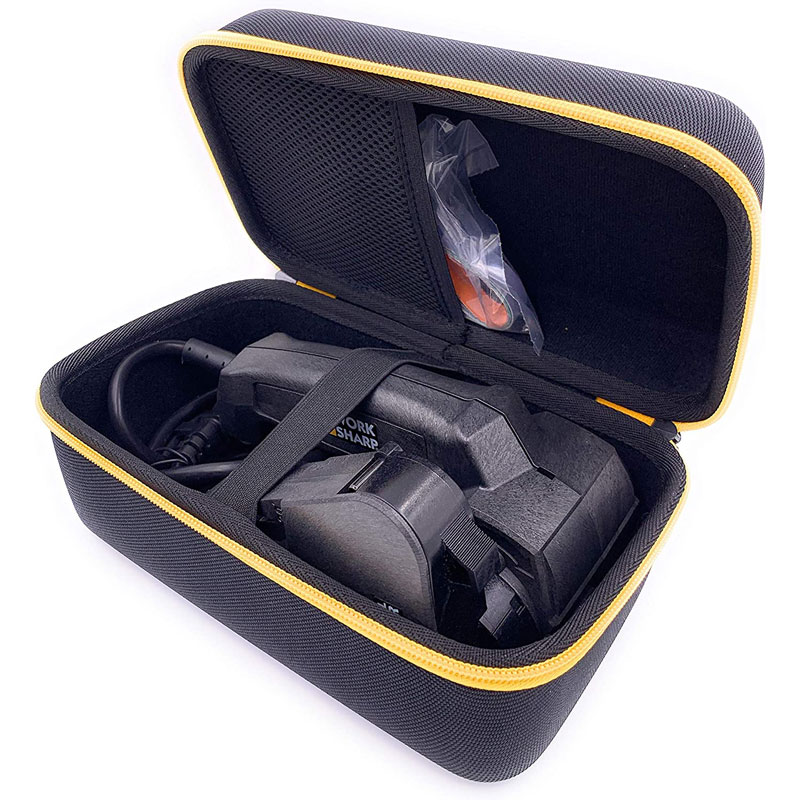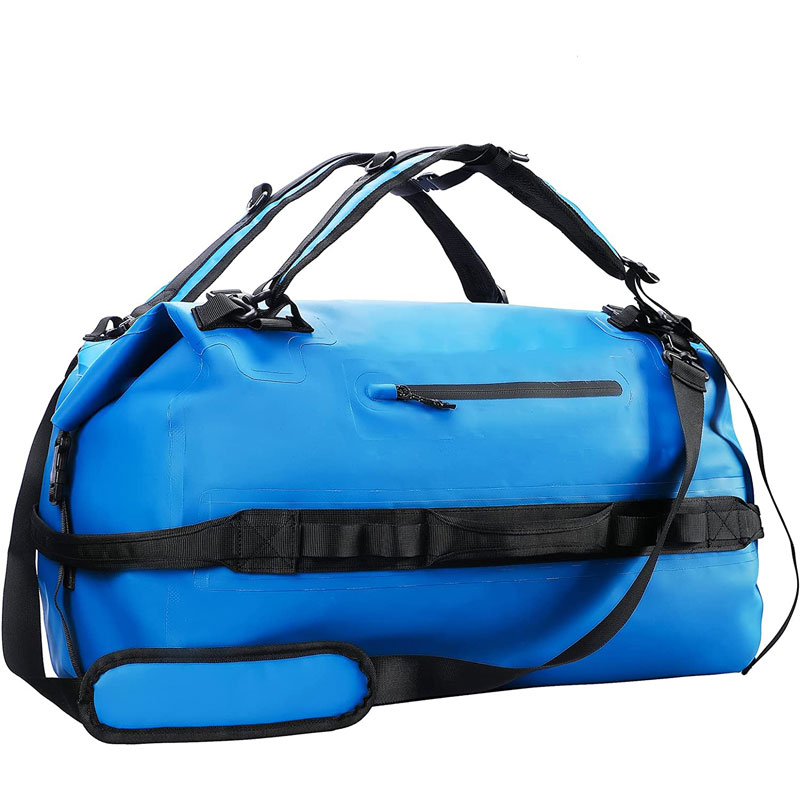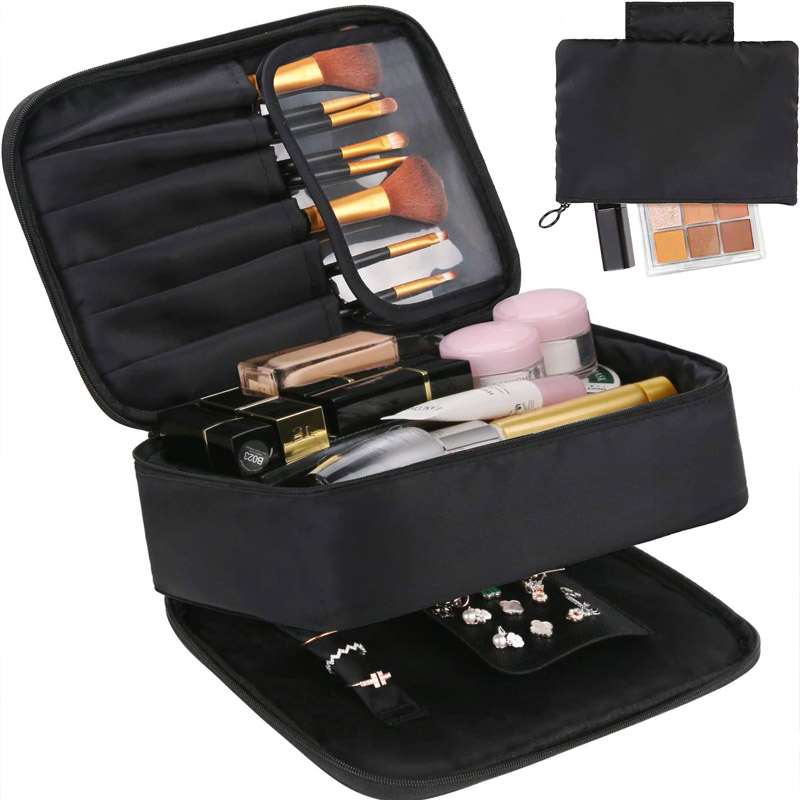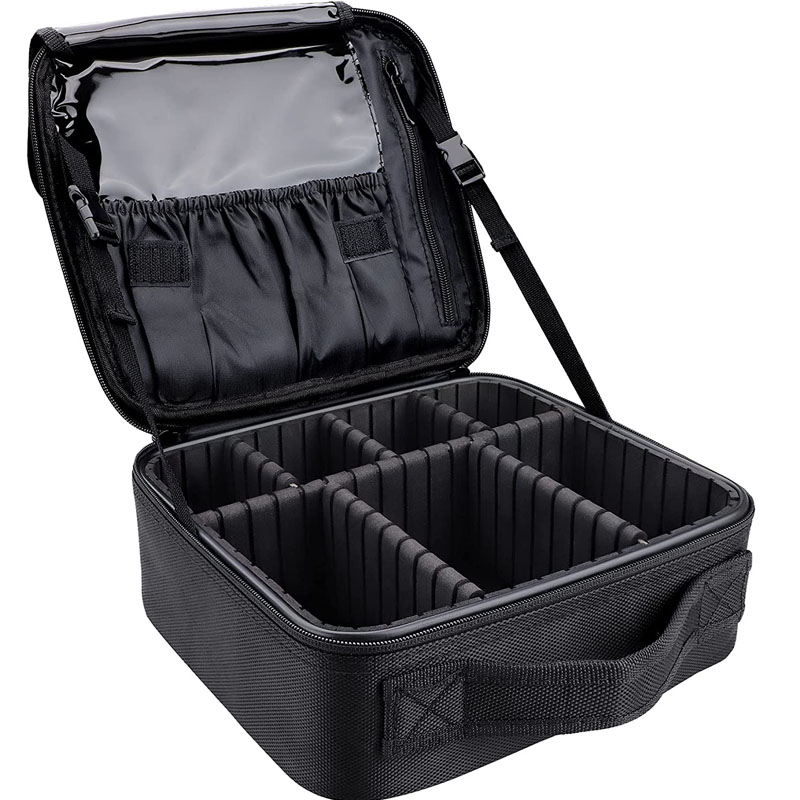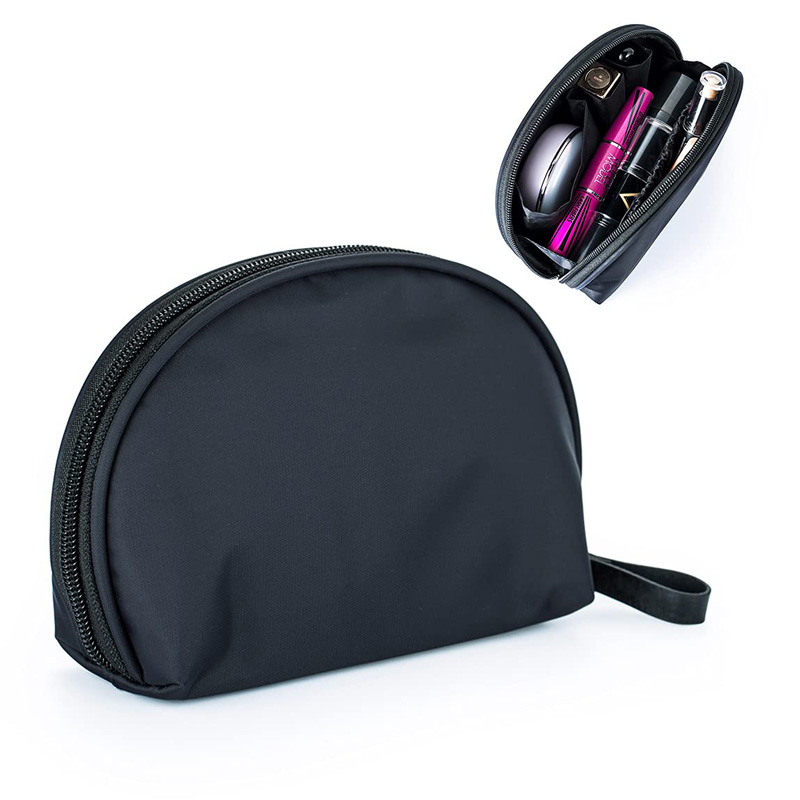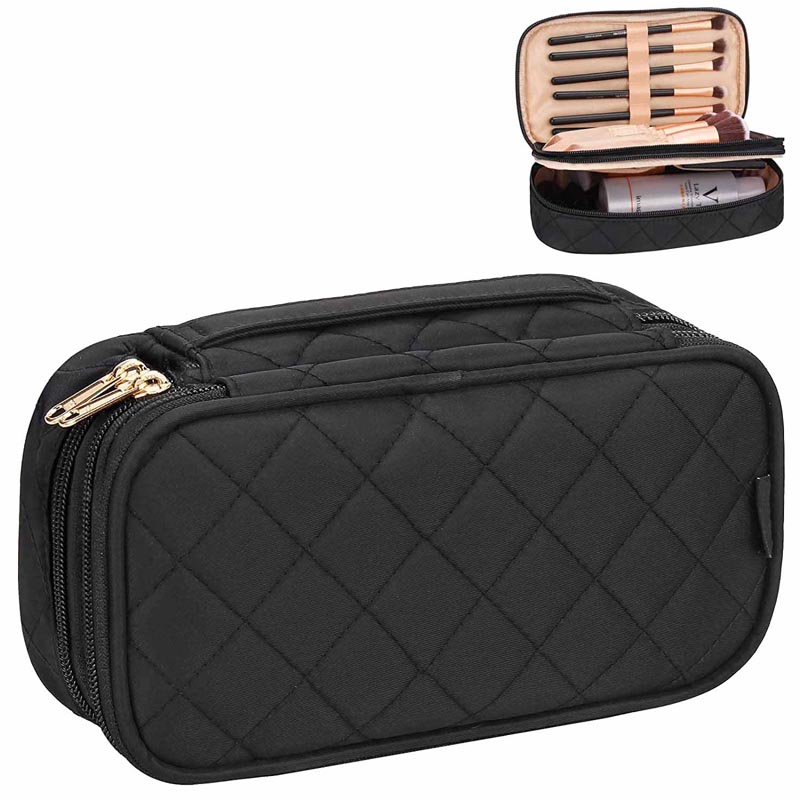Eco-Friendly Factors to Consider When Choosing Materials for Custom Lunch Bags
As the world moves towards a more sustainable future, the demand for eco-friendly products is on the rise. Custom lunch bags, a practical alternative to disposable packaging, play a significant role in reducing waste. But what factors should you consider when choosing materials for these bags to ensure they are not just functional but also environmentally friendly?
1. Recyclability
The material's ability to be recycled is a primary eco-friendly consideration. Opt for materials that can be easily processed in recycling facilities, reducing the environmental footprint of your lunch bags.
2. Biodegradability
Biodegradable materials break down naturally over time, returning nutrients to the soil. Look for materials that can decompose in a reasonable timeframe without leaving harmful residues.
3. Sustainable Sourcing
The origin of the material is crucial. Choose materials sourced from sustainable practices, such as organic cotton or bamboo, which are renewable and have a lower environmental impact.
4. Non-Toxicity
Avoid materials that contain toxic dyes or chemicals that can leach into the environment or your food. Non-toxic materials are safer for both people and the planet.
5. Energy-Efficient Production
Consider the energy used in manufacturing the material. Eco-friendly materials should be produced with minimal energy consumption and greenhouse gas emissions.
6. Durability
Durable materials last longer, reducing the need for frequent replacements. A well-made lunch bag can serve its purpose for years, minimizing waste.
7. Reusable Design
The lunch bag should be designed for multiple uses. It should be easy to clean and maintain, encouraging users to choose it over single-use alternatives.
8. Eco-Certifications
Look for materials with eco-certifications, such as Global Organic Textile Standard (GOTS) or Forest Stewardship Council (FSC), which ensure compliance with environmental standards.
9. Local Sourcing
Sourcing materials locally can reduce the carbon footprint associated with transportation. Supporting local industries also contributes to the local economy.
10. Fair Trade Practices
Ensure that the materials are produced following fair trade principles, which promote fair wages, good working conditions, and respect for workers' rights.
11. Waste Reduction
Choose materials that are produced with minimal waste. The manufacturing process should aim to reduce by-products and maximize the use of resources.
12. Transparency
Work with suppliers who provide transparency about their production methods and supply chains. Knowing where your materials come from and how they are made can help you make more informed decisions.
Selecting the right materials for custom lunch bags is a critical step towards creating a product that aligns with your eco-friendly values. By considering recyclability, biodegradability, sustainable sourcing, and other green factors, you can contribute to a healthier planet while providing a practical solution for waste reduction. Always remember, the choices we make today shape the world we live in tomorrow.


